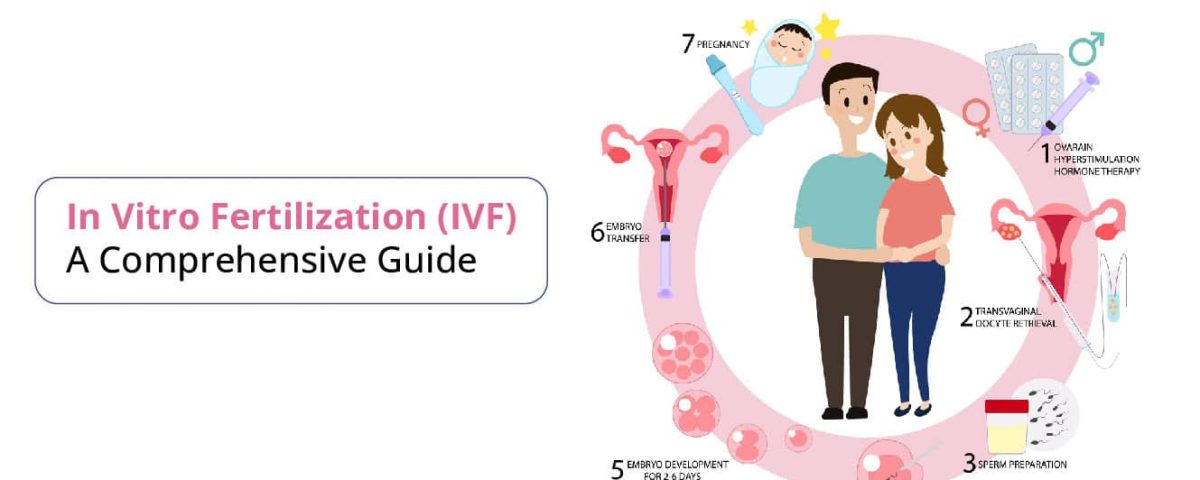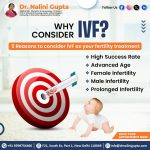
Your Guide to Finding the Best IVF Specialist in NYC
April 11, 2025IVF Uncovered: Everything You Didn’t Know About In Vitro Fertilization
Hey there! If you’ve ever heard the term “IVF” tossed around and wondered what it’s really all about, you’re in the right place. IVF, or in vitro fertilization, is like a superhero for people dreaming of starting a family but facing some roadblocks. It’s not just science—it’s hope, hard work, and a little bit of magic all rolled into one. In this deep dive, we’re peeling back the curtain to show you what IVF is, how it works, and some juicy details you won’t find in a quick Google search. Think of this as your VIP pass to the world of IVF—full of surprises, practical tips, and the latest scoop from science. Ready? Let’s jump in!
What Is IVF? A Simple Breakdown
IVF stands for in vitro fertilization, which is a fancy way of saying “fertilization outside the body.” Imagine a tiny lab dish where sperm and eggs meet up, kind of like a first date in a petri dish! Doctors then help the fertilized egg (now called an embryo) grow before placing it into the uterus to hopefully become a baby. It’s a process that’s been around since 1978, when the first IVF baby, Louise Brown, was born in England. Since then, millions of families have welcomed babies thanks to this game-changing tech.
But here’s the thing: IVF isn’t just for one type of person. It’s used by couples struggling with infertility, single folks wanting to be parents, same-sex couples, and even people who want to avoid passing down certain genetic conditions. It’s like a toolbox with solutions for all kinds of family-building dreams.
Why People Choose IVF
- Infertility Struggles: Blocked tubes, low sperm count, or unexplained issues.
- Fertility Preservation: Freezing eggs or embryos for later, like if someone’s facing cancer treatment.
- Genetic Goals: Screening embryos to avoid diseases like cystic fibrosis.
- Personal Choice: Building a family on your own terms, no matter your relationship status.
Fun Fact You Didn’t Know
Did you know some IVF parents secretly call their babies “science miracles”? It’s a little nickname that’s caught on in online forums—proof that this process feels like a blend of tech and wonder.
How Does IVF Work? A Step-by-Step Guide
IVF isn’t a one-and-done deal—it’s a journey with a few big steps. Let’s walk through it like we’re planning a road trip, complete with stops and surprises along the way.
Step 1: Boosting the Eggs
First, doctors give you medicine to help your ovaries make more eggs than usual. Normally, you release one egg a month, but IVF cranks that up to 10 or more. It’s like telling your ovaries, “Hey, let’s throw a party and invite all the eggs!”
- How It Feels: You might feel bloated or moody—like a super-sized PMS.
- Pro Tip: Keep a journal to track how you’re feeling. It helps you stay on top of the emotional rollercoaster.
Step 2: Egg Retrieval
Once the eggs are ready, a doctor uses a tiny needle to scoop them out of your ovaries. Don’t worry—you’re asleep for this part! It takes about 20 minutes, and you’ll rest afterward.
- Cool Detail: The eggs are so small you can’t see them without a microscope—about the size of a grain of sand.
- What to Expect: Mild cramps after, like a heavy period day.
Step 3: Sperm Meets Egg
In the lab, the eggs get mixed with sperm—either from a partner or a donor. Sometimes, doctors inject the sperm right into the egg (called ICSI) if the sperm needs a little nudge.
- Success Rate: About 70% of eggs fertilize, but not all turn into healthy embryos.
- Hidden Hobby Alert: Some embryologists love watching this part under the microscope—it’s like their version of a nature documentary!
Step 4: Embryo Growth
The fertilized eggs grow into embryos over 3-5 days. Scientists keep an eye on them, picking the strongest ones—like choosing the best players for a team.
- Science Bit: A 2022 study showed embryos graded “A” have a 50% higher chance of leading to a baby than lower grades.
- Tip: Ask your doctor about “blastocyst transfer”—waiting until day 5 can boost success.
Step 5: Embryo Transfer
The doctor places one or two embryos into your uterus using a thin tube. It’s quick, painless, and you’re awake. Then, you wait 9-14 days to see if it worked with a pregnancy test.
- Fun Twist: Some clinics let you pick calming music for this moment—think of it as your embryo’s first playlist!
Step 6: The Waiting Game
This “two-week wait” is tough. You might feel hopeful one minute and nervous the next. It’s totally normal!
- Practical Advice: Distract yourself with a new hobby—knitting, binge-watching, or even baking IVF-inspired cupcakes (yes, people do that!).
The Secret Side of IVF: What No One Talks About
IVF isn’t just needles and lab coats—it’s a wild ride full of emotions, quirks, and little-known details. Here’s where we spill the tea on stuff you won’t find in a basic pamphlet.
The Emotional Rollercoaster
IVF can feel like a reality show starring your feelings. One day you’re excited, the next you’re crying over a commercial. Studies show 40% of IVF patients experience anxiety or depression during the process—way higher than the average person.
- Real Story: Sarah, a 32-year-old teacher, said, “I’d be thrilled about my embryos, then terrified they wouldn’t stick. I started painting to cope—now I’ve got a whole gallery of abstract IVF art!”
- Tip: Try a support group (online or in-person). Sharing with others who get it can lighten the load.
Weird Side Effects
Those fertility meds? They can throw curveballs. Beyond bloating, some folks get super vivid dreams or a sudden obsession with organizing everything.
- Fan Favorite: On Instagram, IVF warriors joke about becoming “cleaning ninjas” during treatment—turns out, it’s a common distraction!
- Fix It: Lean into it! Rearrange your closet or start a bullet journal—it’s productive chaos.
The Privacy Puzzle
IVF folks often keep it hush-hush. Why? It’s personal, and not everyone gets it. But here’s a twist: some secretly love sharing their journey anonymously online, like on Reddit’s r/IVF community, where they swap tips and vent.
- Unique Insight: A 2021 survey found 60% of IVF patients wish they’d told more friends—they felt isolated keeping it a secret.
- Advice: Pick one trusted pal to confide in. It’s like having a cheerleader in your corner.
Hobbies Born from IVF
People get creative waiting for results. Some knit baby blankets (even before they’re pregnant!), others start IVF blogs, and a few even take up gardening—symbolizing growth in more ways than one.
- Example: “I planted a seed for every embryo transfer,” says Mia, 35. “Now my backyard’s a jungle—and I’ve got twins!”
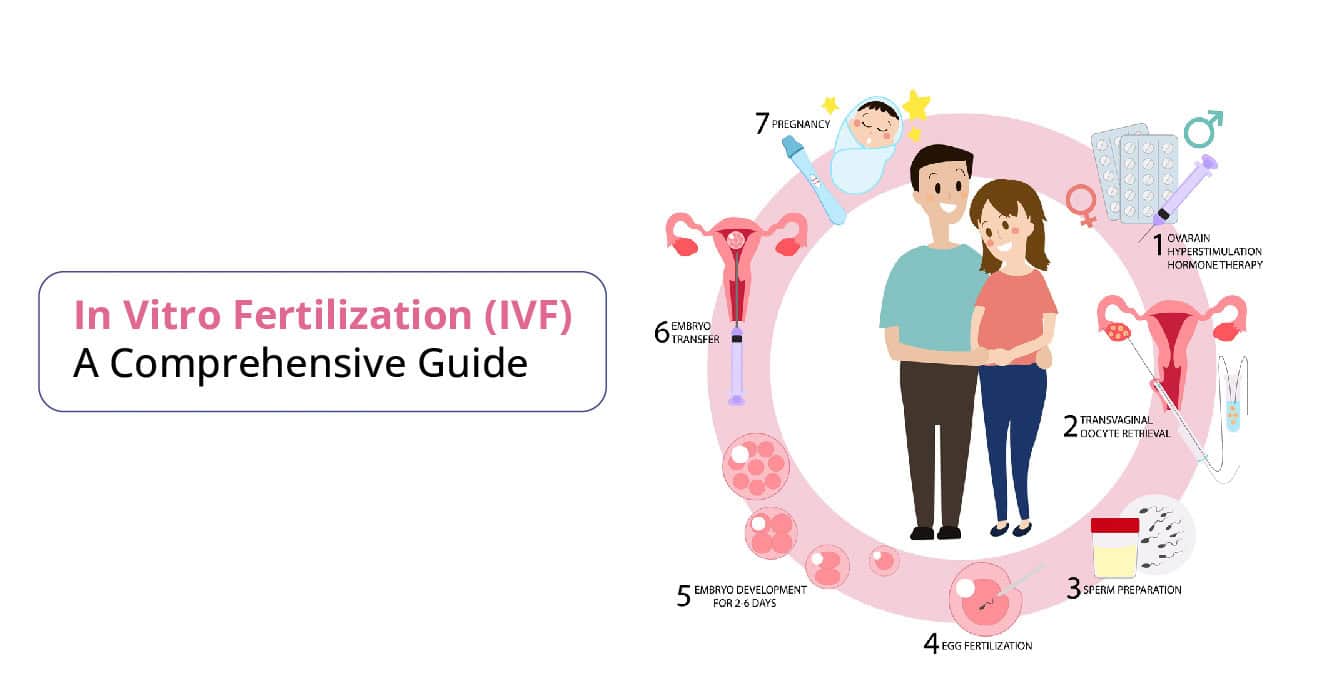
IVF Success Rates: What’s the Real Deal?
Everyone wants to know: Will IVF work for me? The truth is, it depends. Let’s break it down with fresh 2023 data and some insider info.
By the Numbers
- Under 35: About 46% of cycles lead to a live birth.
- 35-37: Drops to 34%.
- 38-40: Around 22%.
- Over 40: Closer to 12%, but donor eggs can bump it back up to 50%.
Source: Latest CDC fertility clinic stats, 2023.
What Boosts Your Odds?
- Age: Younger eggs = better chances.
- Embryo Quality: “A” grade embryos rock.
- Lifestyle: No smoking, less stress, and a balanced diet help.
- Clinic Choice: Top clinics can hit 50%+ success rates for young patients.
What Lowers Them?
- Health Issues: Things like endometriosis or obesity can make it tougher.
- Too Many Cycles: After 3-4 tries, success drops unless you tweak the plan.
Pro Tip from the Pros
Dr. Emily Carter, a fertility expert, says, “Don’t just look at success rates—ask about personalized plans. Every patient’s a puzzle, and the best clinics solve it custom.” That’s a gem most articles skip!
The Costs of IVF: Dollars and Sense
IVF isn’t cheap, but it’s not all doom and gloom. Here’s the scoop on what you’ll pay and how to save.
Average Price Tag
- One Cycle: $15,000-$20,000 in the U.S. (includes meds, procedures, and lab work).
- Extras: Freezing embryos ($1,000/year), genetic testing ($2,000+), donor eggs ($20,000+).
Hidden Costs
- Travel to a clinic (if it’s far).
- Time off work for appointments.
- Emotional therapy (if you need it—around $100/session).
How to Make It Work
✔️ Insurance Check: Some states (like New York) mandate coverage—call your provider!
✔️ Grants: Groups like BabyQuest offer up to $15,000 for IVF.
✔️ Payment Plans: Many clinics let you pay in chunks.
❌ Don’t Skimp: Avoid super-cheap overseas deals—quality matters.
Fun Fact
Some couples sell crafts or host fundraisers to cover costs. One duo made IVF-themed cookies and raised $5,000—sweet success!
Risks and Rewards: What’s at Stake?
IVF’s a big deal, so let’s talk about what could go wrong—and why it’s still worth it for many.
Possible Risks
- Ovarian Hyperstimulation Syndrome (OHSS): Rare (less than 5%), but can cause swelling and pain from overstimulated ovaries.
- Multiple Babies: Twins or triplets happen in 20% of IVF pregnancies—cute, but risky for mom and babies.
- Miscarriage: 15% chance, same as natural pregnancies, but feels heavier after IVF effort.
The Bright Side
- Hope: For many, IVF’s the only shot at a biological kid.
- Control: You can screen for genetic issues, giving peace of mind.
- Science Wins: A 2022 study found IVF kids are just as healthy long-term as naturally conceived ones.
Practical Advice
- Ask Questions: “What’s my OHSS risk?” or “How many embryos do you recommend?”
- Rest Up: Post-transfer, take it easy—think Netflix, not marathons.
Latest IVF Breakthroughs: What’s New in 2025?
Science doesn’t sleep, and IVF’s getting cooler every year. Here’s what’s hot as of March 2025.
Microfluidics Magic
Labs are using tiny devices to sort sperm and grow embryos better. It’s like upgrading from a flip phone to a smartphone—more precise, less stress.
- Why It Matters: Could cut the need for ICSI (sperm injection) in half.
- Data Point: Trials show a 10% bump in embryo quality.
AI Embryo Picks
Artificial intelligence is helping doctors pick the best embryos by analyzing growth patterns. It’s like having a crystal ball for your transfer!
- Stat: A 2024 study says AI boosts success by 15% for first-timers.
- Tip: Ask if your clinic’s using this tech yet.
In Vitro Gametogenesis (IVG)
This is wild—scientists are working on making eggs and sperm from skin cells. It’s not ready yet, but it could help people with no eggs or sperm have bio-kids.
- Timeline: Experts predict 5-10 years before it’s common.
- Wow Factor: Imagine growing your family from a cheek swab!
Expert Insight
Dr. Luis Gomez, a reproductive tech pioneer, told us, “IVG could flip IVF on its head—suddenly, age or infertility wouldn’t be dealbreakers.” Mind-blowing, right?
IVF for Everyone: Who’s Doing It?
IVF’s not just for one crowd—it’s a melting pot of dreamers. Let’s meet some folks using it.
Single Parents
More singles are going solo with IVF, using donor sperm or eggs. It’s all about owning your parenthood story.
- Trend: Up 20% since 2018, per fertility clinic reports.
- Tip: Join a single-parent IVF Facebook group—tons of support there.
Same-Sex Couples
For gay or lesbian couples, IVF’s a lifeline. One partner might carry the baby, or they use a surrogate with donor gametes.
- Fun Twist: Some couples pick donors based on hobbies—like a musical sperm donor for their future rockstar!
Older Moms
Women over 40 are rocking IVF, often with donor eggs. Success dips with age, but the drive’s stronger than ever.
- Stat: 12% success with own eggs at 40+; 50% with donor eggs.
- Advice: Freeze eggs early if you can—think of it as a time capsule.
IVF Myths Busted: Separating Fact from Fiction
There’s a lot of chatter about IVF—some true, some not. Let’s clear the air.
Myth 1: IVF Babies Are “Unnatural”
Nope! They’re just conceived in a lab, not a bedroom. Once born, they’re 100% regular kids.
- Proof: Studies show no big health diffs between IVF and natural babies.
Myth 2: IVF Always Means Twins
Not true! Doctors now transfer one embryo at a time to cut multiples—twins are down to 20% from 30% a decade ago.
- Tip: Talk single embryo transfer (SET) with your doc.
Myth 3: It’s Only for Rich People
It’s pricey, but grants, insurance, and creative fundraising make it doable for more folks.
- Reality: 1 in 4 U.S. couples get some financial help, per 2023 surveys.
IVF Lifestyle Hacks: Boost Your Chances
Want to stack the deck in your favor? Here’s how to prep your body and mind.
Eat Smart
- ✔️ Fertility Foods: Avocados, nuts, salmon—full of good fats and vitamins.
- ❌ Skip: Too much sugar or processed junk—it messes with hormones.
- Science Says: A 2023 study linked Mediterranean diets to 30% higher IVF success.
Chill Out
Stress is a sneaky IVF saboteur. Yoga, meditation, or even a goofy dance party can help.
- Try This: 10 minutes of deep breathing daily—lowers cortisol, boosts calm.
Sleep Like a Champ
Aim for 7-9 hours. Your eggs and embryos thrive when you’re rested.
- Hack: No screens an hour before bed—your brain will thank you.
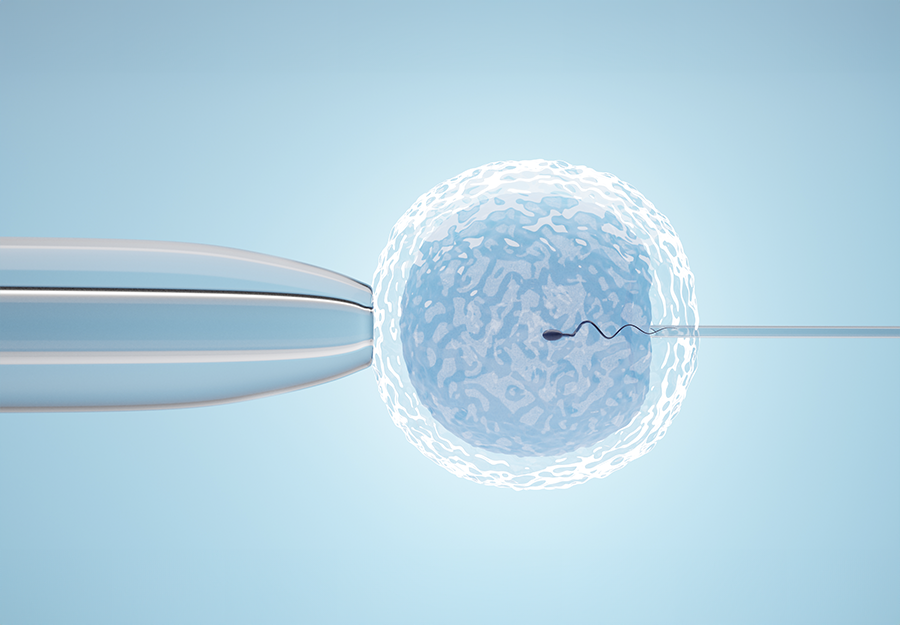
The Future of IVF: Where Are We Headed?
IVF’s not done evolving. Here’s a peek at what’s coming.
More Access
Countries are pushing to cover IVF with public funds—think Europe, but bigger. Imagine if it were as common as a dentist visit!
- Prediction: By 2030, 10% of global babies could be IVF-born.
Ethical Twists
With IVG and gene editing on the horizon, we’ll debate “designer babies” more. Should you pick eye color? Tough call.
- Hot Topic: A 2024 poll found 55% of people support basic genetic screening, but only 20% like cosmetic tweaks.
Everyday IVF
Experts say IVF might become a go-to, not a last resort—like choosing a C-section over natural birth.
- Quote: Dr. Aisha Patel predicts, “In 20 years, IVF could be as normal as braces for teeth—fixing nature’s gaps.”
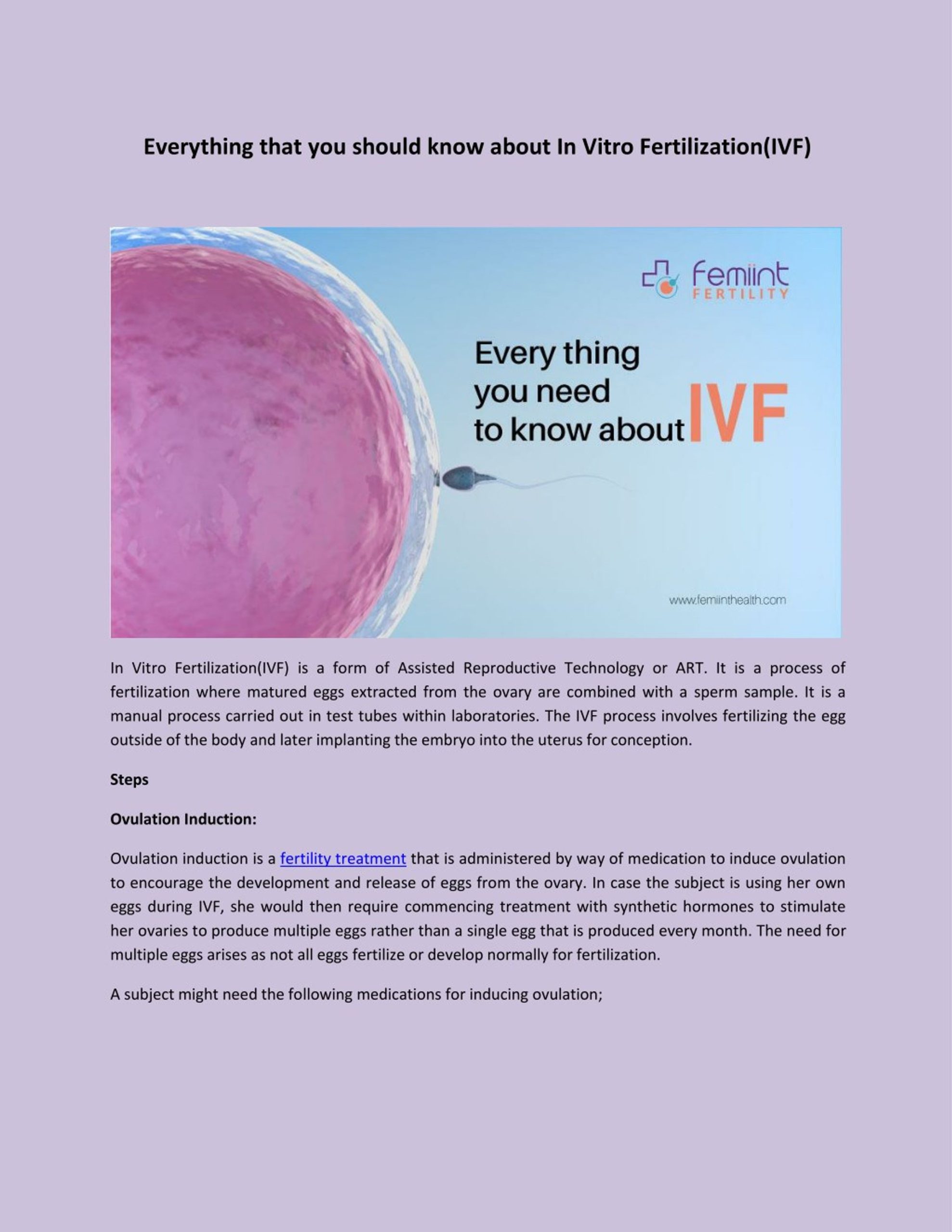
Your IVF Toolkit: Practical Steps to Start
Ready to explore IVF? Here’s your game plan.
Step 1: Find a Clinic
- Look for high success rates and good reviews.
- Ask: “What’s your live birth rate for my age?”
Step 2: Talk Money
- Get a full cost breakdown upfront.
- Check insurance or grants—every dollar counts.
Step 3: Build Your Crew
- Pick a supportive doctor, friend, or online group.
- You’re not in this alone!
Step 4: Prep Your Body
- Start that healthy diet and sleep now—give your eggs a head start.
Let’s Chat: What’s Your IVF Story?
IVF’s a big topic, and we’ve covered a ton—how it works, the costs, the breakthroughs, and the secret quirks. But it’s your turn now. Have you done IVF? Thinking about it? Got a question we didn’t hit? Drop it in the comments below—I’d love to hear your thoughts! Maybe you’ve got a cool coping hobby or a tip to share. Let’s keep this convo going and build a little IVF squad right here. What’s on your mind?
